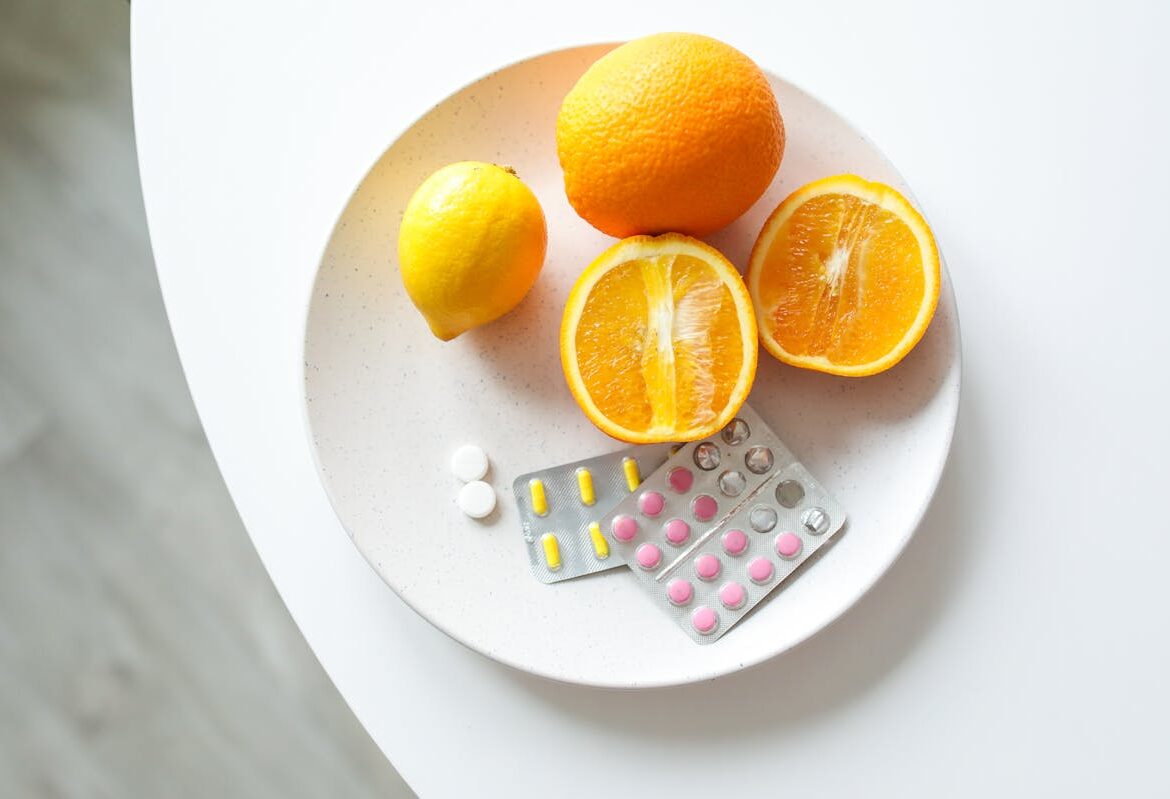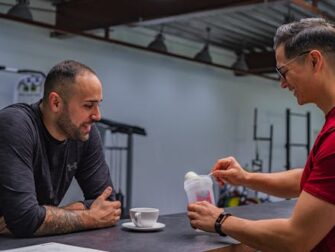Vitamins for athletes play an important role, but some people are far from consuming the ideal amount and getting it right the first time when choosing these supplements. See valuable guidance in this article.
Most athletes are right when supplementing with B vitamins, such as B12, and vitamins A, C, D and E, as long as they are advised by their doctors. It is possible to buy specific tablets with each component or find them in foods such as meat, milk, eggs, various fruits and nuts.
Frequent and conscious consumption of vitamins will provide more strength and willingness to carry out daily activities and, especially, when exercising. After all, they act as “fuel” for cells and improve concentration and mood.
And if it is important for anyone to ingest the vitamins present in food or in supplementary form , for athletes, supplementation is even more recommended, taking into account caloric expenditure and the body’s need for recovery.
See how and when to ingest these substances and learn more about their benefits for metabolism in this article.
How important are vitamins for athletes?
Although it is beneficial, exercising produces the release of free radicals – substances that cause cellular aging – and, in this case, many vitamins are essential for adequate maintenance of the body.
Ingesting the ideal daily amount of nutrients and minerals helps both performance and long-term health and combats fatigue and stress in the body, as well as delaying or even avoiding the effects of wear and tear caused by constant physical activity.
What are the best vitamins for athletes?
Athletes’ specific demands, age, sex, type of sport, training volume, and other factors may all affect how much vitamin they require; still, some vitamins, including A, B, C, D, and E, must always be included in the regimen.
They are essential for those who train, often added to K, and make up a balanced diet or, in some cases, they need to be manipulated or purchased in pharmacies – under medical recommendation – to complement the diet.
- Vitamin D for athletes : essential for bone health, it also plays an important role for the immune system.
- Vitamin C for athletes: it is very important for the health of the immune system and muscle recovery.
- Vitamin E: an antioxidant that helps protect cells against oxidative damage, that is, against aging.
- Vitamin K: important for bone health, it can also help with blood clotting. Kale and broccoli are excellent providers of vitamin K.
- B complex vitamins (B1, B2, B3, B6, B12): they are at the top of the most recommended vitamins for increasing physical resistance, and can be found in foods with a lot of protein , such as lean meats and eggs.
- Vitamin B9 (folic acid): essential for the production of red blood cells and cellular metabolism, found in vegetables and whole grains.
- Vitamin A: essential for eye and immune system health, highly concentrated in carrots, sweet potatoes, spinach and pumpkin.
And what vitamins are for those who exercise on an amateur basis?
The consumption of vitamins B12, C, D, and E should be the main concern for anyone who trains seldom or as a pastime.
Even under this scenario, an elite athlete’s vitamin requirements will scarcely be the same as anyone else’s because their energy expenditure is higher than that of others who work out in the gym or on the pitch.
Athletes tend to have their bodies conditioned to quickly store these nutrients, but use them in moderation, while those who play sports as a hobby may have stocks, but they are quickly used due to the need for muscle recovery while the body is still learning. dealing with the news.
Is this your start in the world of sports? Eat plenty of protein, make a habit of drinking water and eat plenty of fruits and vegetables, all to have “fuel” volume.
If your energy level is “in reserve” – something you will only discover by observing pain and tiredness and taking routine exams – it might be a good idea to supplement, perhaps with a complex!
What is the best vitamin complex for athletes?
Good vitamin complexes include, in addition to essential vitamins for the body of those who exercise, fatty acids (good fats), protein and creatine, as well as other nutrients that will improve and repair physical conditioning.
Whether for nutrition for high-performance athletes or for people who have recently started activities, constant intake of the following nutrients, when guided by nutritionists and endocrinologists, must be maintained.
Omega 3: the human body cannot produce it in sufficient quantity, therefore, the levels of this nutrient need to be supplemented through food or supplementation.
Flaxseed oil: when cold pressed and therefore extracted from the seed without the use of excessive heat, it has all its nutrients preserved. It is an ally in the weight loss process and high in fibre and healthy fats.
Collagen: plays a crucial role in the structure of tissues, such as skin, bones, cartilage and tendons, and can be obtained by athletes through meat, in processed foods or sold in powder, capsule or liquid form.
Whey protein: popularly known by the name of the brand that made it world famous – “Whey Protein” – it is a supplement rich in protein, which is usually consumed before or after training, as it helps with energy and muscle recovery .
Creatine: despite being found in red meat, chicken, fish and eggs, creatine can be added to athletes’ diets in other ways, being responsible for providing energy and strength.



